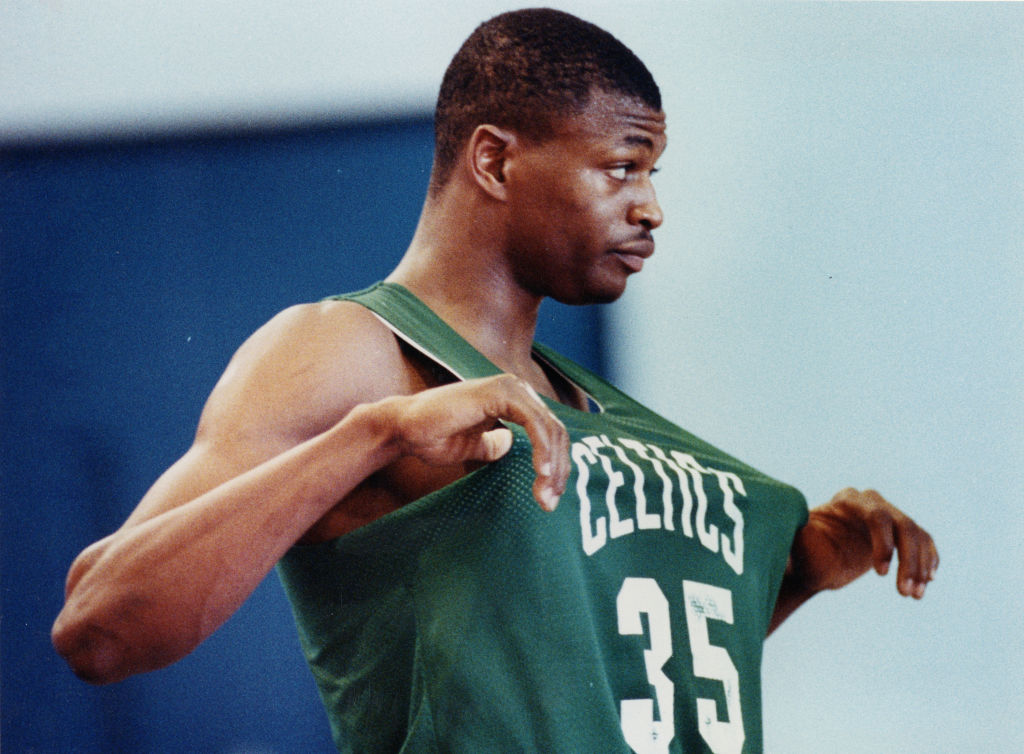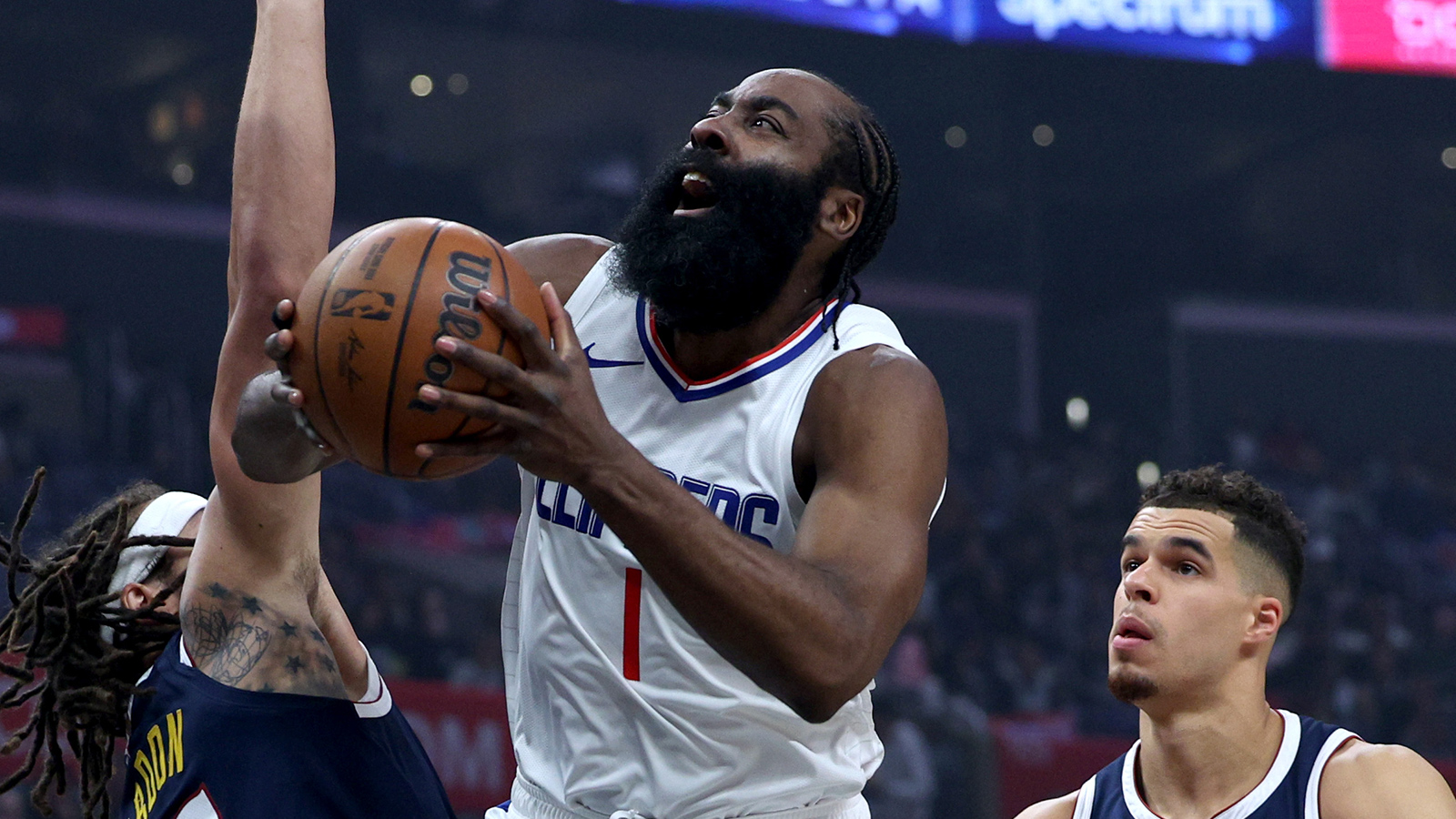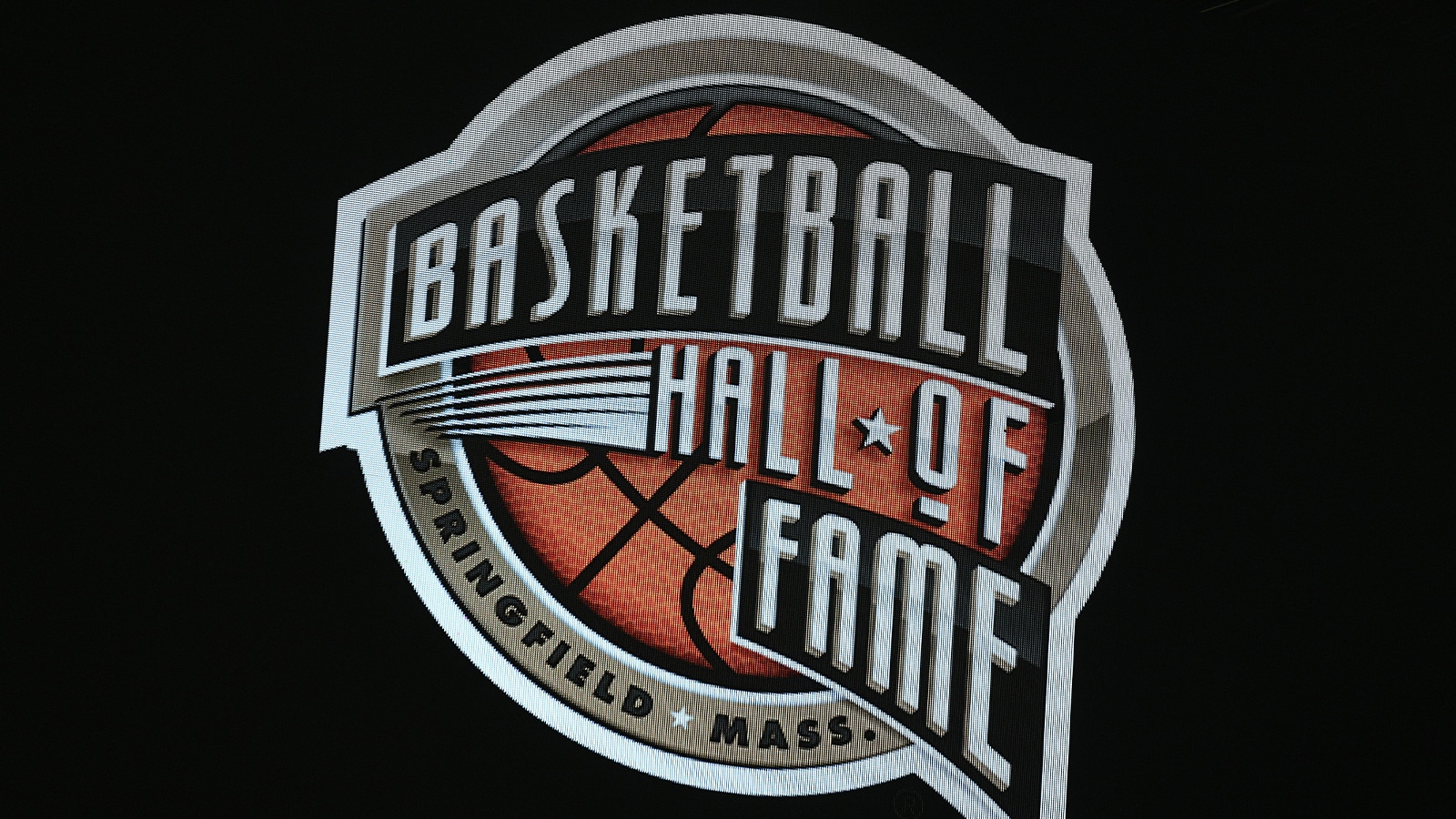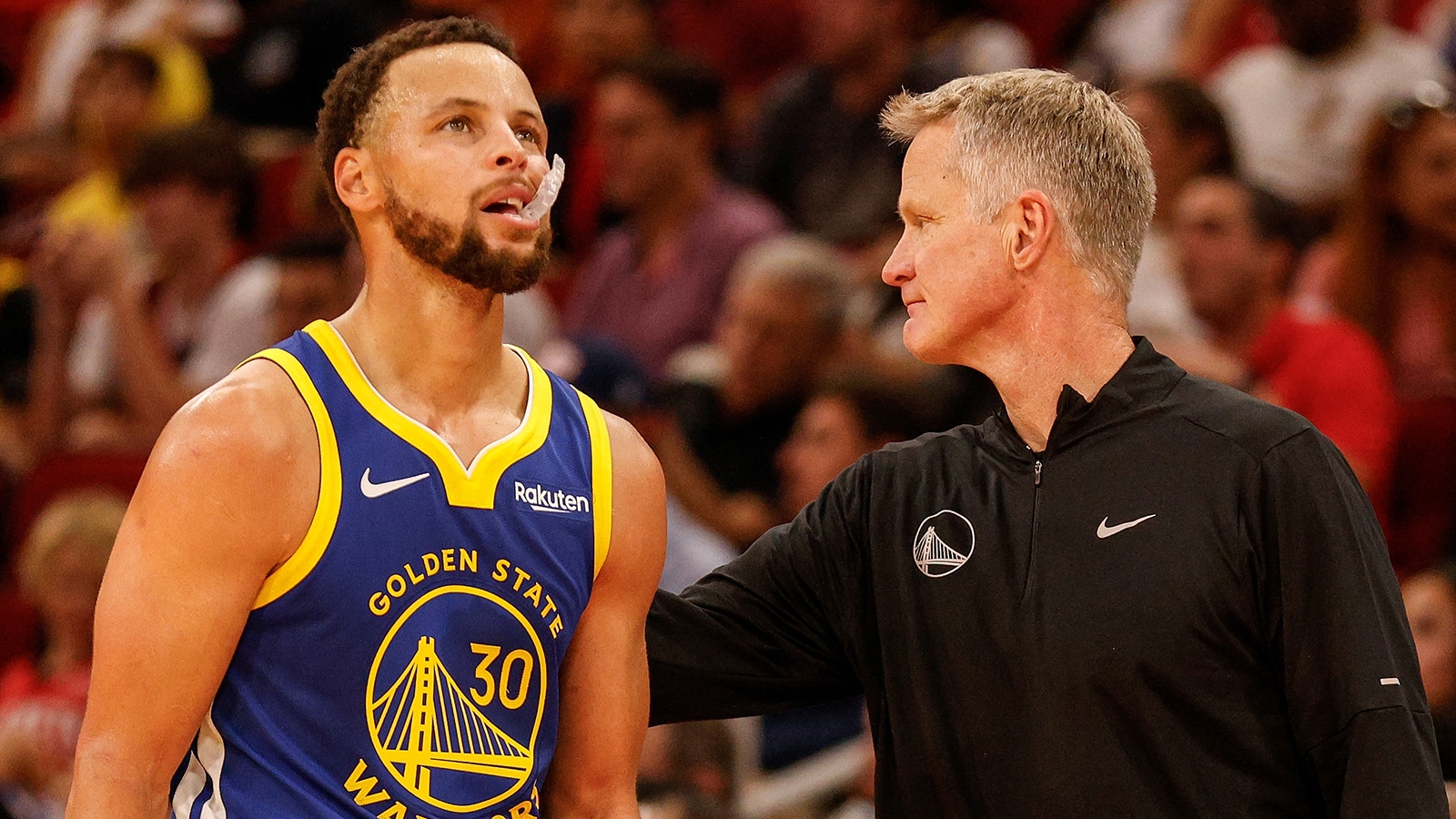
The Tragic Death of NBA All-Star Reggie Lewis Shaped the ’90s for the Boston Celtics
When it comes to all-time great NBA teams, the Boston Celtics sit on top. The team has won 17 championships, the highest total of any team. Highly consistent, Boston has won titles in every decade since the 1950s, except for the ’90s. To a certain extent, the Celtics’ ’90s struggles came down to a single factor: the tragic death of All-Star player Reggie Lewis.
Many fans today know nothing about Lewis’s promising but all-too-short career. Let’s look at what he accomplished, how he died, and the effect of his death on the Celtics’ decade.
Reggie Lewis’s basketball career
Lewis spent four years playing college basketball at Northeastern University in Boston, before the Celtics drafted him with the 22nd pick of the 1987 NBA draft. At the time, the Celtics foresaw Lewis providing an influx of young talent to help supplement their aging superstars Larry Bird, Kevin McHale, and Robert Parish.
Lewis didn’t see a ton of playing time during his rookie season. Yet in his sophomore year, thanks to a change of coaching staff and an injury to Bird, the 6’7″ Lewis found himself suddenly playing 32.8 minutes per game. He made the most of the opportunity, putting up 18.5 points, 4.7 rebounds, and 2.7 assists per game.
Those numbers continued to improve incrementally over the next several years. In the 1991-92 season, Lewis received his first and only All-Star selection. Lewis scored 20.8 points per game in both of his final seasons with the Celtics. He consistently raised his level of play during the postseason, averaging as many as 28.0 points per game in the 1991-92 playoffs. By all accounts, Lewis was primed to make the leap to the team’s go-to scorer for the rest of the 90s.
Lewis’s tragic death
Everything changed in the first game of the Celtics’ 1992-93 postseason. During that game against the Charlotte Hornets, Lewis collapsed on the court. When he got up, he displayed dismaying signs of dizziness and confusion. He returned briefly later in the game, but was quickly pulled when he showed difficulty keeping up with the other players.
The following day, Lewis underwent a battery of heart tests. Lewis was initially diagnosed with focal cardiomyopathy, a disease that would almost certainly end his career. Lewis later received a second, somewhat less serious diagnosis of neurocardiogenic syncope. On the basis of that diagnosis, Lewis began working out to get back in shape for the 1993-94 season.
But in July 1993, tragedy struck. While involved in an off-season practice, Lewis collapsed and went into cardiac arrest. Attempts to resuscitate him at the scene were unsuccessful, and Lewis died. He was just 27 years old, with the best years of his career still ahead of him.
The Celtics decline in the ’90s
Lewis’s death drastically changed the Celtics fortunes for the rest of the decade. Virtually overnight, they lost one of their best scorers, while also suffering a serious setback to the team’s morale. Of course, Lewis’s death wasn’t the only factor that caused the Celtics to go into a tailspin.
To begin with, in the matter of a few short years, the Celtics had seen some of their greatest all-time legends retire. Larry Bird finally bowed out just before the 1992-93 season. A year later, Kevin McHale retired as well. An aging Robert Parish left the team to sign with the Charlotte Hornets just before the 1994-95 season.
Lewis wasn’t the only young prospect that the Celtics had lost in recent years, either. Back in 1986, their highly anticipated draft pick Len Bias died of a cocaine overdose before he’d had a chance to play a single game with the team. Not until 1998, when the Celtics drafted future star Paul Pierce, did find themselves with the kind of young talent needed to build a championship contender.


